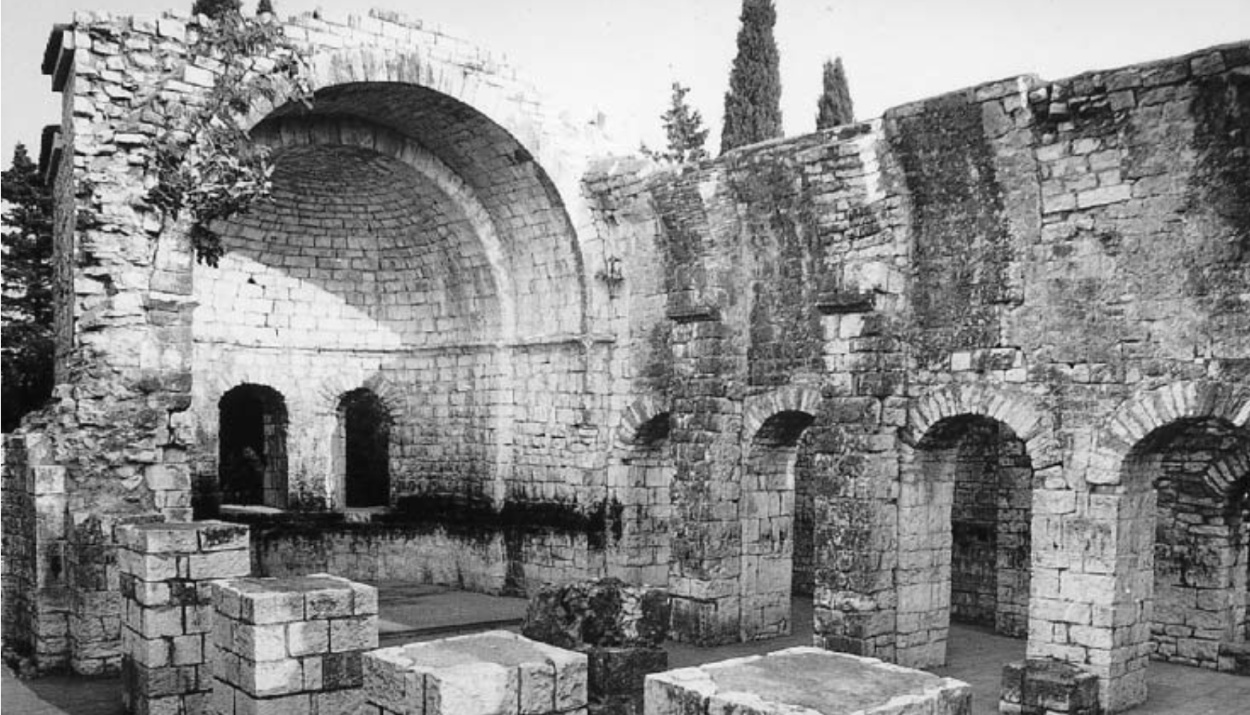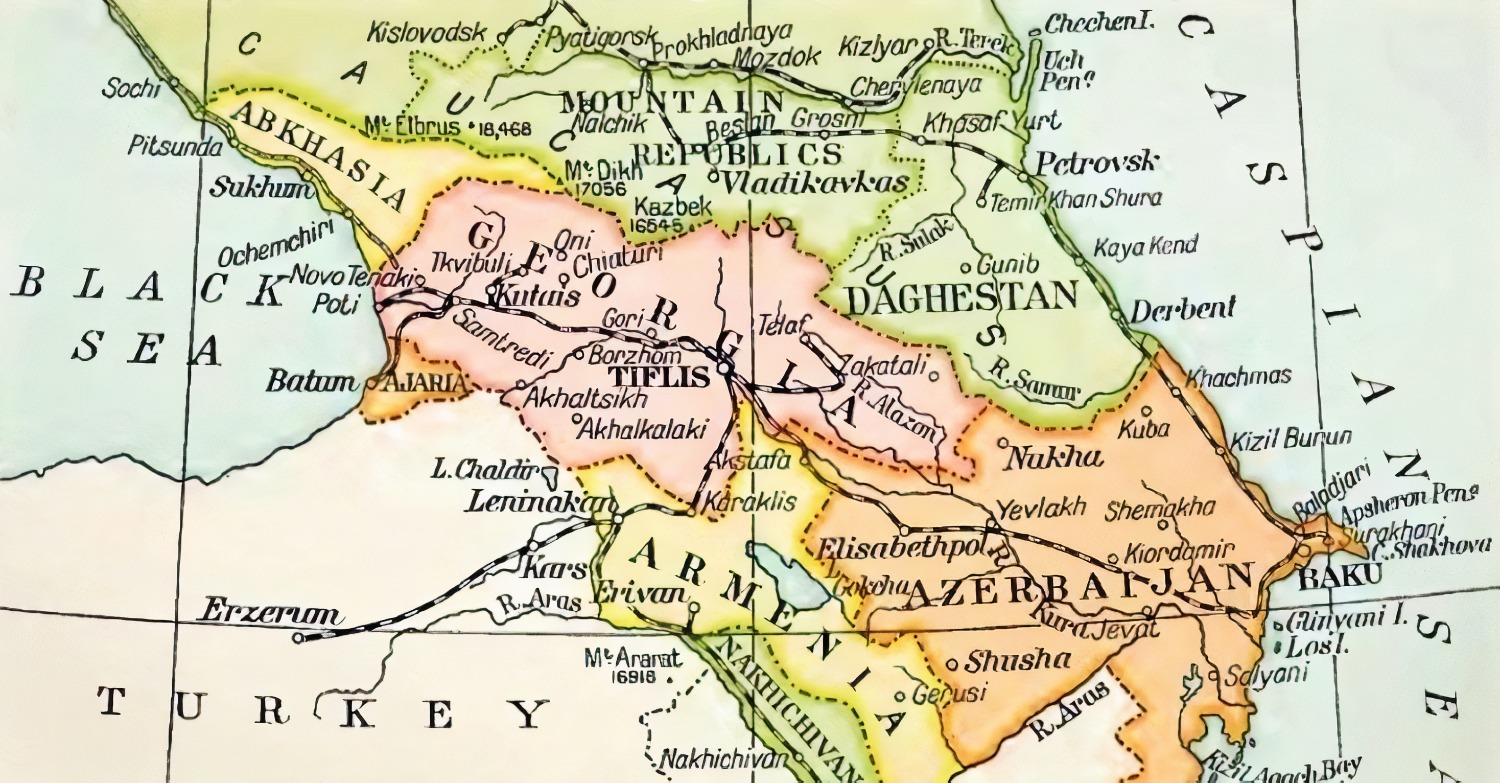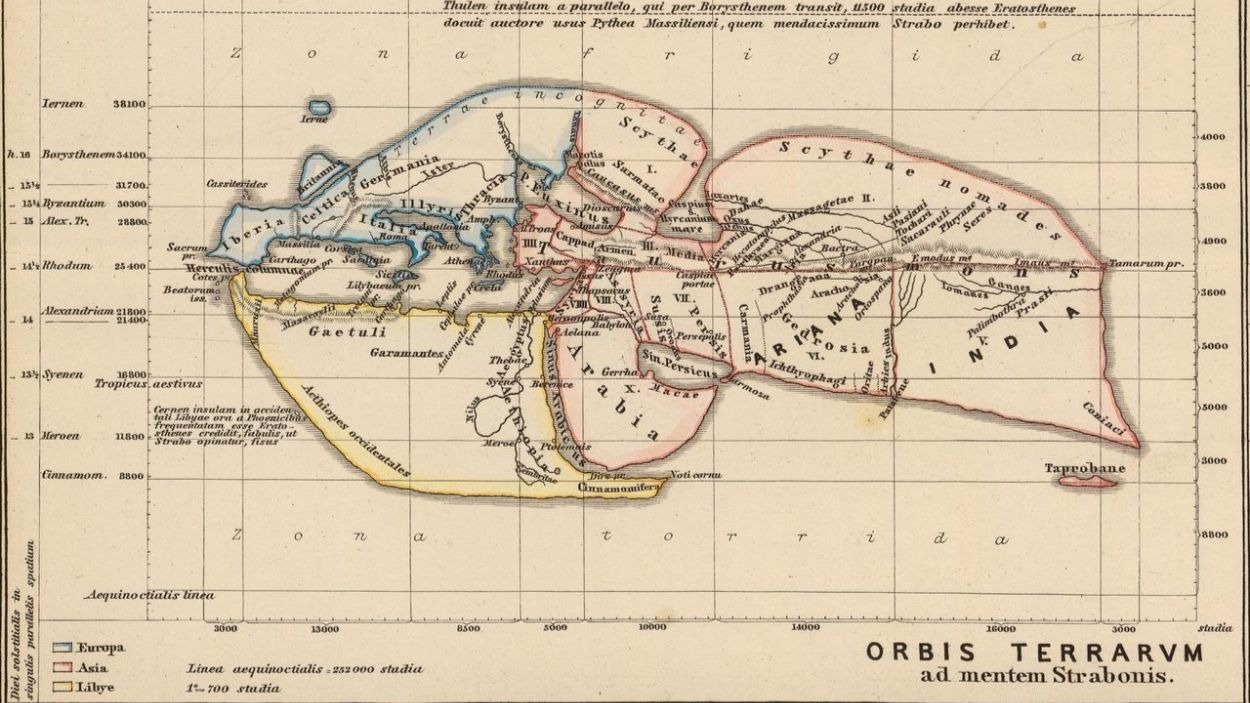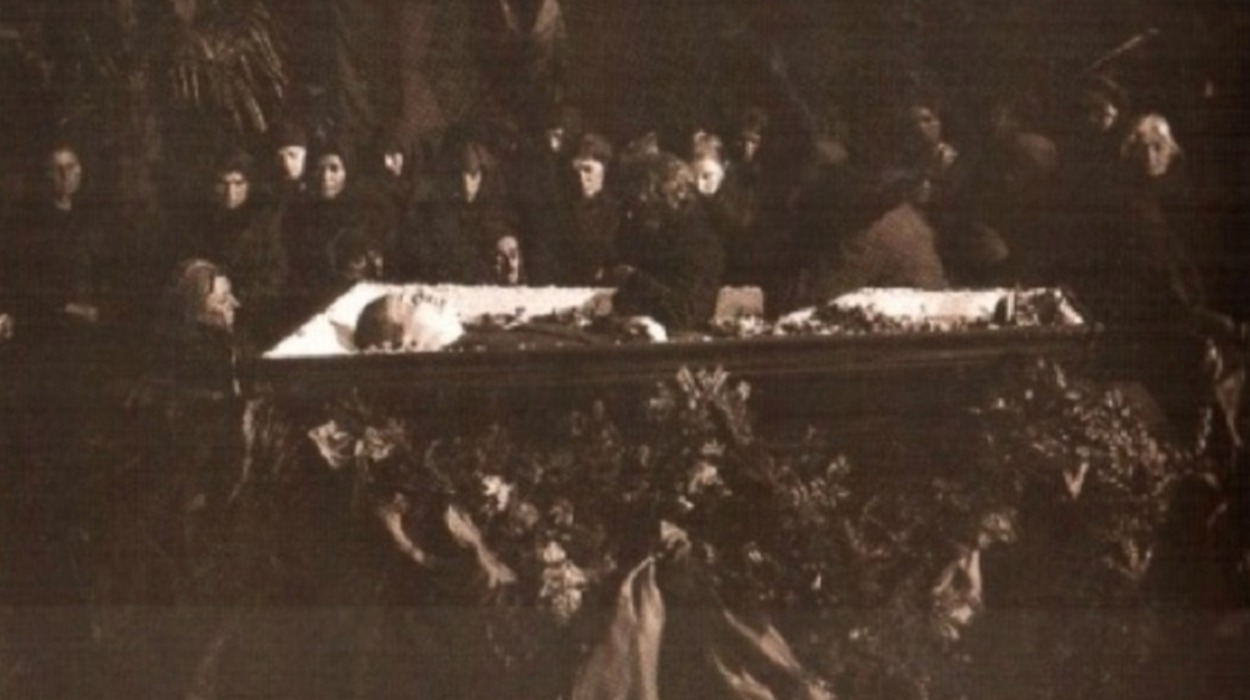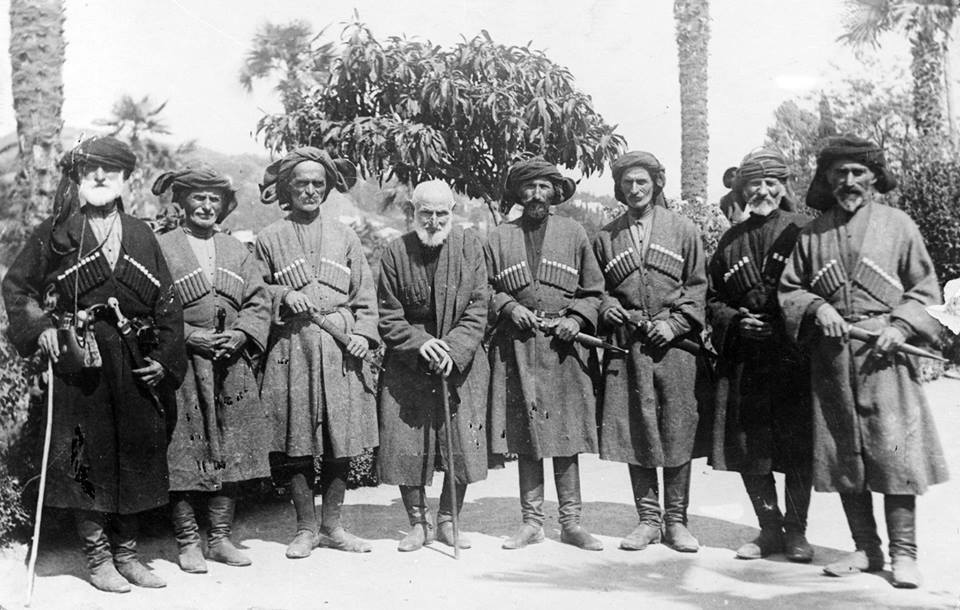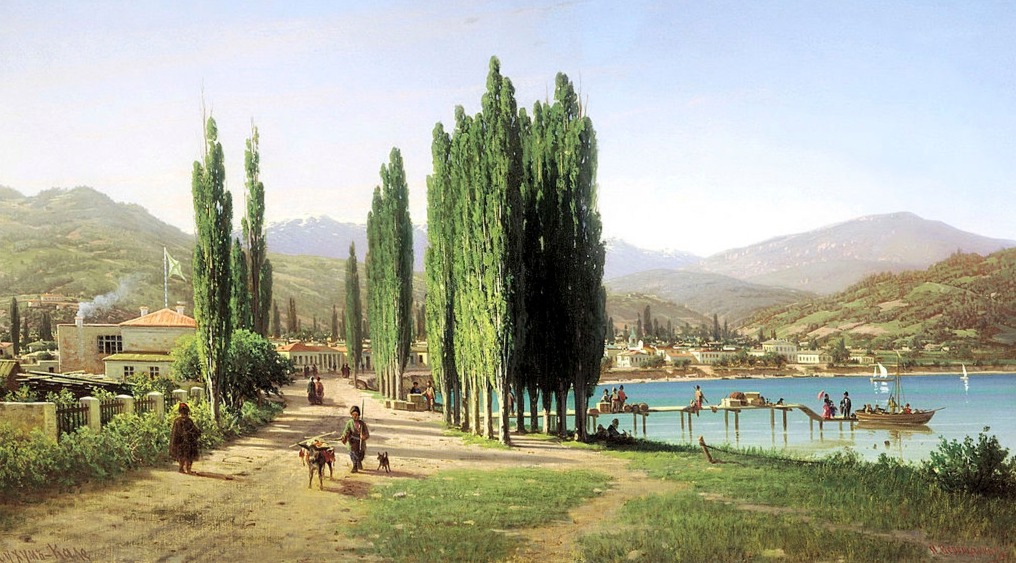Published: ‘Materials on the history of Abkhazia’. Sukhum, 1990. Issue 1. pp. 29-30.
Simon Basaria (1884-1941)
After a long period of kings, Abkhazia began, beginning in the 17th century, to be ruled by sovereign princes from the Chachba family (in Georgian ‘Shervashidze’). The first ruler of this family was Kvap. He had heirs: Rosto, Levan and Murza-khan (oriental style) — in Abkhaz ‘Murzadan’ or ‘Murzakan’. After the death of Kvap, Abkhazia began to be ruled by his eldest son, Rosto, who gave one brother, Levan, the portion of Abkhazia from the R. Kodor to the R. Okhurej (i.e. Abzhua [= ‘the middle’ — ed.]), and to another, Murzakan, from the river Okhurej to the R. Ingur. Since then, this part of Abkhazia began to bear the name of its ruler, thus coming to be called ‘Murzakan’ or ‘Samurzakan’; the Abkhazians under this jurisdiction began to be called ‘Murzakanians’ or ‘Samurzakanians’, just like the Abkhazians of the Gudauta District (‘Gudautans’ or ‘Bzypians’), of the Dal region (‘Dals’), of the Tsebelda region (‘Tsebeldans’), of the Gagra region (‘Gagrans’), etc… Such territorial designations of certain regions of Abkhazia misled many ethnographers and historians not well versed in the matter. The confusion reached the point of absurdity: some distant tribes appeared (Zebeldin, Bzyp, Samurzak) and there were as many such tribes as there were separate territorial districts and regions in Abkhazia. Meanwhile, all of them were inhabited exclusively by Abkhazians, who take their national line back many centuries before the birth of Christ. This was the situation in which the Samurzakanian Abkhazians also found themselves, ultimately renamed by the ‘Divine Grace’ of Nicholas I (1840) the ‘Samurzakanian tribe’ – ‘obligingly disposed’ to him, (as stated in the Tsar’s deed addressed to Samurzakanian Abkhazia) ‘for the inherent exemplary courage shewn by their militia in a detachment against the Dals, for the establishment of peace in Dal’. ‘In commemoration of the blessing’ of the Tsar, they were granted a banner ‘which was ordered to be used in the service of the autocrat with fidelity and zeal’.
Read more …Samurzakanians or Murzakanians by Simon Basaria
